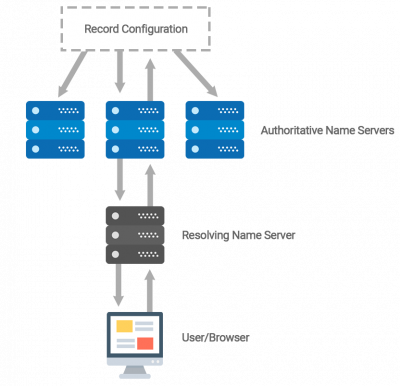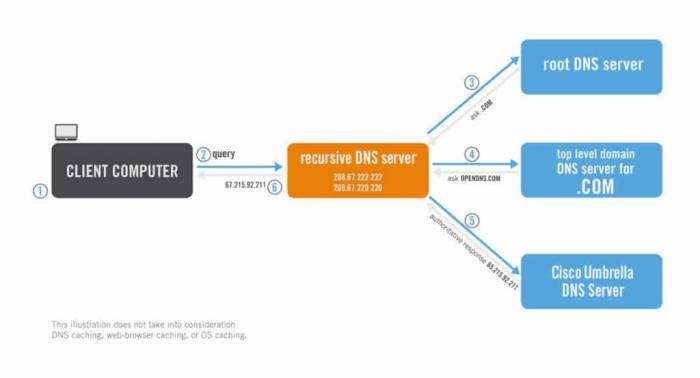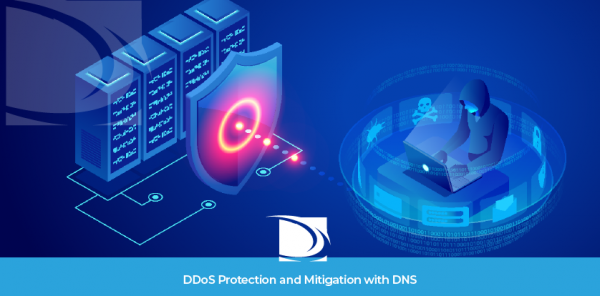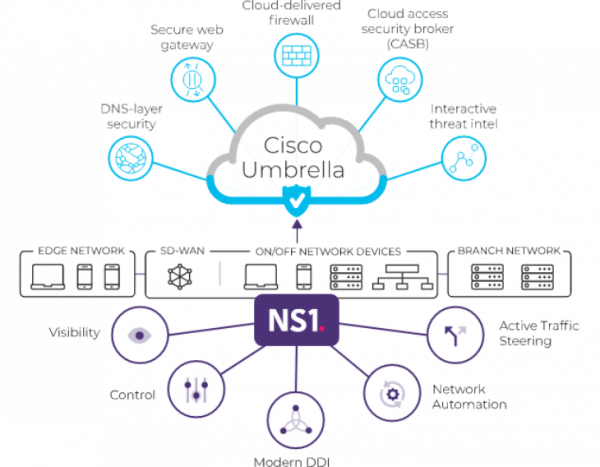EDNS
https://www.catchpoint.com/blog/edns
Authoritative vs. Recursive DNS Servers: What’s The Difference?
Authoritative name servers store DNS record information –usually a DNS hosting provider or domain registrar. Recursive name servers are the “middlemen” between authoritative servers and end-users because they have to recurse up the DNS tree to reach the name servers authoritative for storing the domain's records.
Authoritative name servers store DNS record information –usually a DNS hosting provider or domain registrar. Recursive name servers are the “middlemen” between authoritative servers and end-users because they have to recurse up the DNS tree to reach the name servers authoritative for storing the domain’s records.
Recursive name servers are commonly referred to as resolving servers, and usually are your ISP (Internet Service Provider)or specialty resolving DNS providers. For example, Google runs their own public recursive DNS servers.
These name servers can also store caches (pronounced like cash) of DNS record information, so most queries for popular domains never end up reaching the authoritative name servers.
If the domain’s records are not cached, then the resolving name server will recurse up the DNS tree to find the server that is authoritative for the domain’s record.
Name servers store DNS records which are files that say “this domain” maps to “this IP address”. So is there a room somewhere that has all the nameservers and DNS records for every site on the Internet? No… that would be ridiculous.
They are actually distributed all around the world. These nameservers are called the root nameservers and instead of storing every domain ever, they store the locations of the TLD (top level domains).
TLD’s are the three characters like .com that end a domain name. Each TLD has their own set of nameservers that store the information that says who is authoritative for storing the DNS records for that domain.
The authoritative nameserver is typically the DNS provider or the DNS registrar (like GoDaddy that offers both DNS registration and hosting). And here we can find the DNS record that maps example.com to the IP address 127.66.122.88.
https://ns1.com/resources/whats-the-difference-authoritative-and-recursive-dns-explained
https://social.dnsmadeeasy.com/blog/what-is-caching/
https://social.dnsmadeeasy.com/blog/ssl-tls-certificate-what-is-it-and-why-you-need-one/
https://social.dnsmadeeasy.com/blog/resource/why-enable-2fa/
https://social.dnsmadeeasy.com/blog/ddos-protection-and-mitigation-with-dns/
https://securelist.com/ddos-attacks-in-q4-2020/100650/




